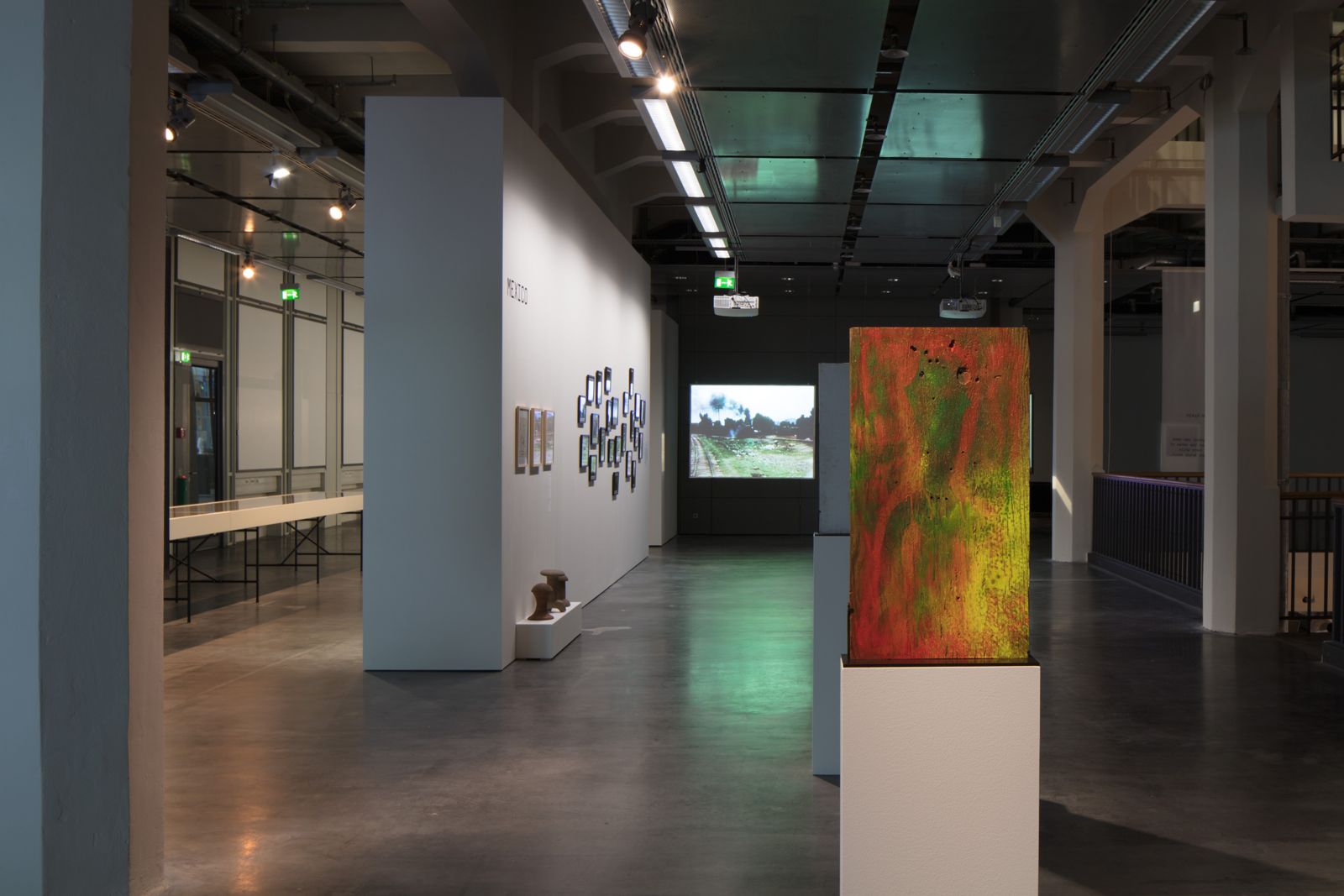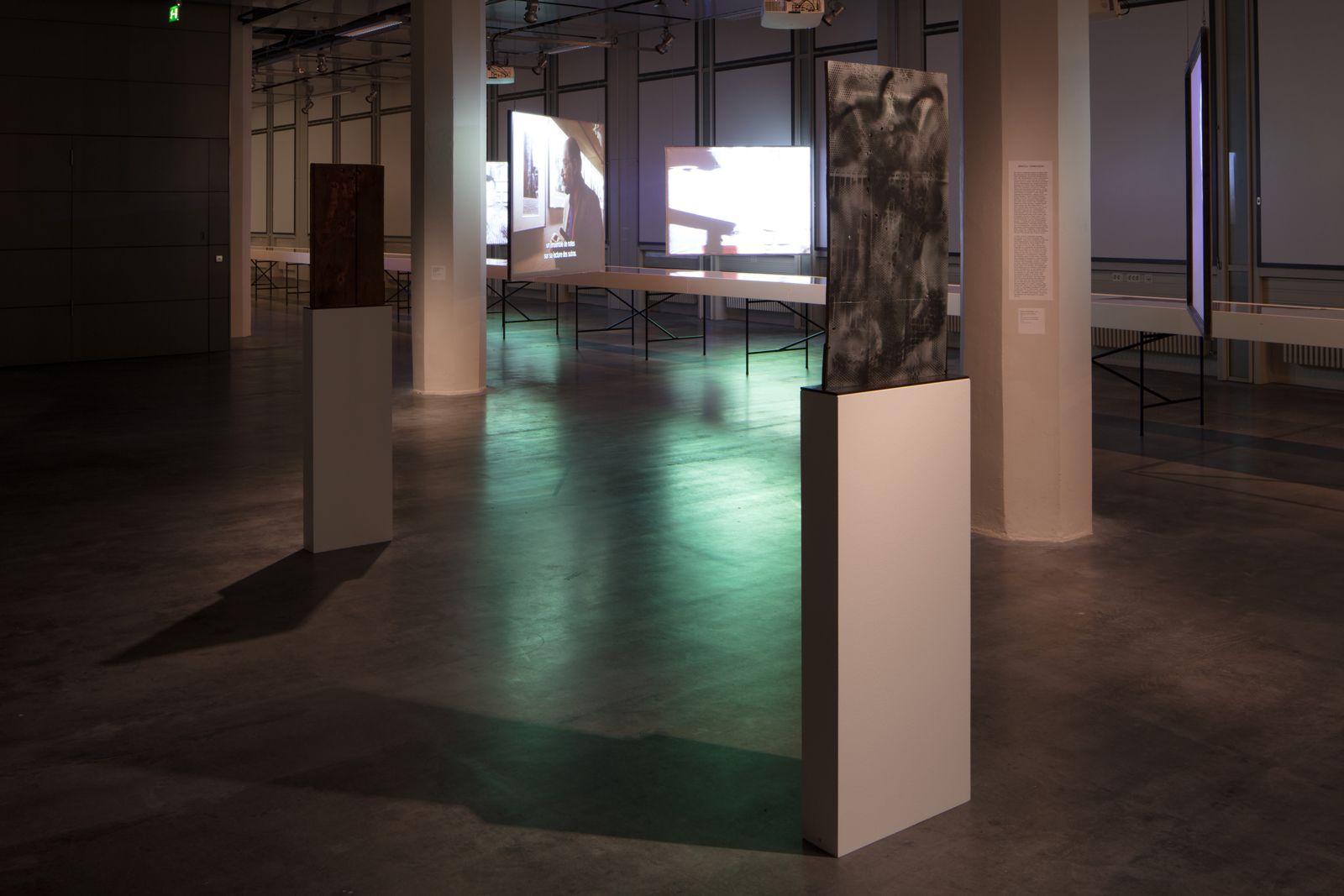The Beat Generation, which developed in the years after the Second World War, at the start of the Cold Wart, shockef the Puritan America of McCarthy. It anticipated youth culture, sexual liberation (Queer, Gay Pride, etc.) and the psychedelic drug movement of the 1960s as well as creating new cultural forms in literature, music, painting, photography and film. The exhibition shown in the ZKM displays the georagphic benmarks of the movement, which range from New York to San Francisco, Tangier to Paris and London. It traces both the various geographical focuses of the movement and their ever-changing artisitc forms.
The germ cell of the Beat Generation was the Columbia University in New York. William Burroughs, Allen Ginsberg and Jack Kerouac met here in 1944. Later, the movement moved to the West coast of the USA, where it revolved around the City Lights book shop, the publishing house of Lawrence Ferlinghetti in San Francisco and briefly around the Six Gallery as well – on 7th October 1955, the celebrated reading of the poem Howl by Ginsberg took place here. It triggered a lawsuit – with the accusation of obscenity – and immediately brought a paradoxical fame to the poets of the Beat Generation. From 1957 to 1963, its sphere of activity concentrated on Paris: William Burroughs, Gregory Corso, Allen Ginsberg, Peter Orlovsky, Brion Gysin and many others regularly stayed in the "Beat Hotel" at 9 Rue Gît-le-Coeur. The Paris of the post-war years became a laboratory for experiments in sound and image. Subsequently, the literary »cut-up« technique expanded influentially into England, Germany and from there into other countries. The virus of subversion, which led to a collapse of old palaces, spread from New York into the entire world and provided the first model of counter-culture, which are echoed today in the utopian visions of the cyber culture, e.g. back in San Francisco in the Silicon Valley. A large proportion of contemporary mainstream art forms such as rap is infected by the alternative underground culture.
Curators: Peter Weibel, Jean-Jacques Lebel, Pierre-Alain Michaud

